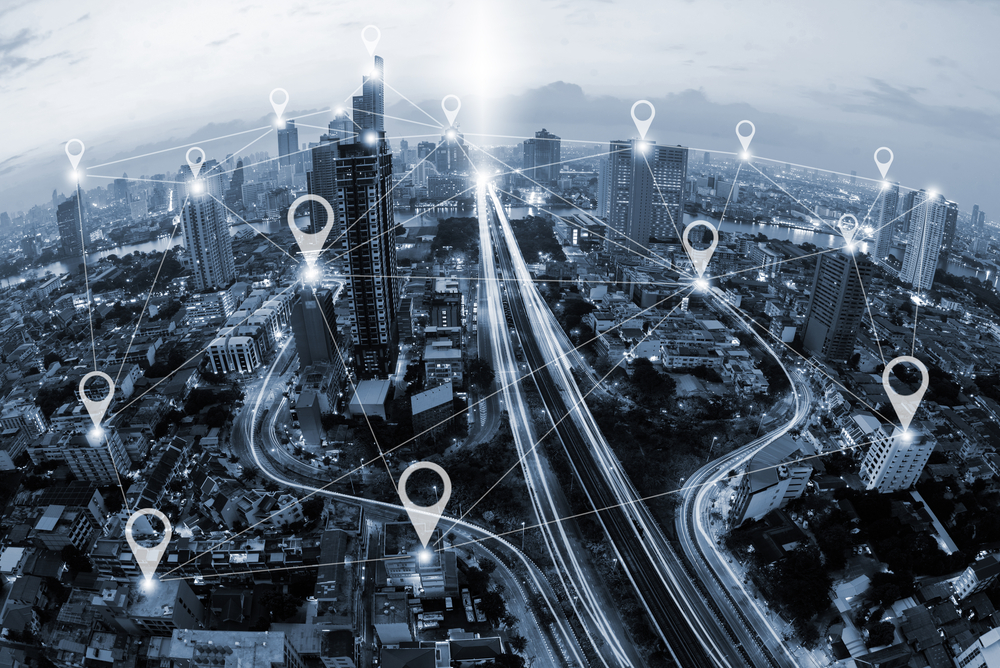Estimated reading time: 3 minutes
The internet changed the world; It touches all aspects of our lives. It is allowing all of us to read this blog post, connect on social media, video chat with friends and colleagues, and do much, much more. And now, there is a push to connect every device to the internet. While this provides new functionality and convenience, there are also some concerns that could outweigh the benefits.
Basics
The whole idea of the Internet of Things (IoT) is the ability to connect anything to the internet. This connectivity allows users to do more from more places. It gives us more information and increases efficiency. These devices may be a fitness band, a lamp, or a thermostat. Really anything could be connected to the internet to provide some type of new function. Consumers would be able to alter the temperature in their home from anywhere in the world. Or they could unlock their front door so the plumber can complete a repair. It is easy to see how much better our lives could be with connected devices.
Big Data
There is a downside to this added convenience and function: big data. Everything that you or I do on the internet is tracked. “They” know where we go, what we do, and how often we do it. This information is used to market to us and sell advertising. Think about Facebook and their ads. They know what you post, like, share and comment on; this information is used to show you very targeted ads. This sounds innocent until you realize how much information they have on each user. IoT brings additional potential for more of your life to be tracked. Big data will be able to tell how you spend your entire life; not just the part of it that you spend online. We would effectively share everything about ourselves.
For some, this is not a concern and they are willing to give up that data for the additional convenience. Others are worried that giving up this information is giving companies too much power and insight into our lives.
Security
In addition to giving up our information to companies that will want to use it for marketing, there is also a concern over the security of these devices. As with any technology, there is the potential to be hacked. The device itself could be hacked, or the data warehouse could be hacked. This could be devastating since the connected devices have the potential to paint a 24/7 picture of your life: who you are, where you live, where you work, where you go, who you go there with, what you buy, and everything else in between. Most people do not want that much information in anyone’s hands. Building up security around this data will be a major focal point to help consumers trust IoT.
Intranet of Things?
The internet is the great World Wide Web and connects everything and everyone. But there is also the intranet, which is a privately owned network. These small networks only allow specific IP addresses to access the information. Many companies use an intranet to ensure that only employees have access to sensitive information. There is a movement to stop connecting more devices to the internet but rather connect them to these intranets. The goal would be to prevent the data from being accessible by companies who would use it to build profiles and use the data. For your company, it is something to consider. There would be recurring revenue available for providing service to the intranet and helping them manage their own data.
We will continue to leverage the power of the internet. It is the single most used tool in most people’s lives today. However, we must turn our attention to how internet-created data is being used, then consider how IoT increases our exposure. Companies will want to be counseled through the process of adding function without putting themselves and their customers at risk. This is where resellers can begin to educate their clients, earn trust and sell services around IoT.

